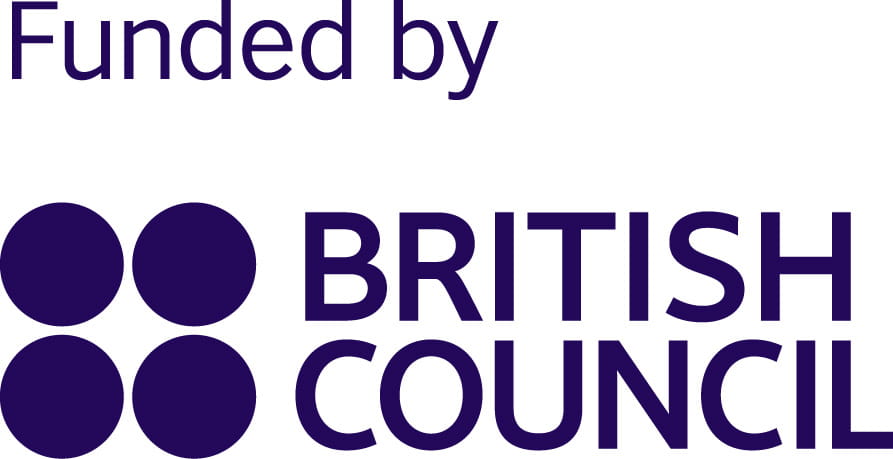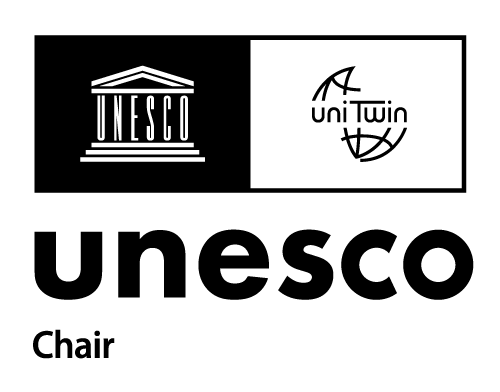Project Overview
Prof Maria Fasli (School of Computer Science and Electronic Engineering) and Prof Louise Beard (School of Life Sciences) are co-leading on a British Council funded project aimed at understanding and examining the underrepresentation of women in leadership roles within higher education institutions (HEIs). In collaboration with five Brazilian universities, we aim to explore the experiences of women academics in leadership, identify challenges, and develop strategies to address existing inequalities.
The Universities from Brazil are:
Through comparative insights from the UK and Brazil, we seek to inform policies and best practices that encourage and support more women—particularly in STEM fields—to pursue leadership roles in academia.
Aims and Objectives
Despite advances in gender equality, women continue to be underrepresented in leadership roles across HE/FE globally, particularly in STEM disciplines. Systemic barriers often prevent women from progressing to senior roles. Challenges include lack of mentorship, persistent gender biases, work-life balance concerns, and limited institutional policies.
These challenges, present both in the UK and Brazil, are part of a broader global phenomenon. UoE has implemented comprehensive gender equality initiatives and strives to improve gender balance in leadership. CESUPA has been at the forefront of promoting women in STEM through initiatives like ‘Initiative of Amazonian Women in STEM’. However, leadership roles within institutions in Brazil still reflect significant gender imbalances.
The project objectives are to:
- Create and strengthen gender equality policies and strategies in partner institutions that support women’s career development and leadership progression. These policies aim to create an institutional culture that fosters gender diversity in leadership and remove barriers to career advancement.
- Support and enhance career progression opportunities for women and other intersectionalities through targeted leadership development programs, mentorship, and role modelling, including initiatives to increase the visibility of women in leadership and providing structured career support for aspiring female leaders.
- Building on successful initiatives, establish a network of women academics, researchers, and professionals to facilitate peer support, knowledge exchange, and career development.
- Inspire future generations of women to pursue careers in STEM, through outreach activities aimed at students, including workshops and career talks featuring female leaders and role models.
The project includes a range of activities that promote institutional change, capacity building, and career development including:
- Workshops to exchange knowledge between partners on exploring intersectional barriers to progression and developing and implementing gender equality policies. Topics include policy development, leadership skills and career progression.
- A structured mentoring programme that connects women academics with experienced mentors in leadership positions, to provide guidance on career planning, leadership development, and overcoming barriers to progression. Special attention will be given to women in STEM, with mentors drawn from the lead institutions and other partners.
- A support network that will extend beyond the core partners of the project linking women academics and professionals as well as students with experienced leaders in academia and industry.
- Outreach activities including school visits and hands-on STEM workshops to inspire interest and provide female role models and promote gender equality.
- Gathering data to understand status and barriers to leadership across partners. Findings will support policy development, guide future actions and underpin evaluation and monitoring, to ensure positive project outcomes.




